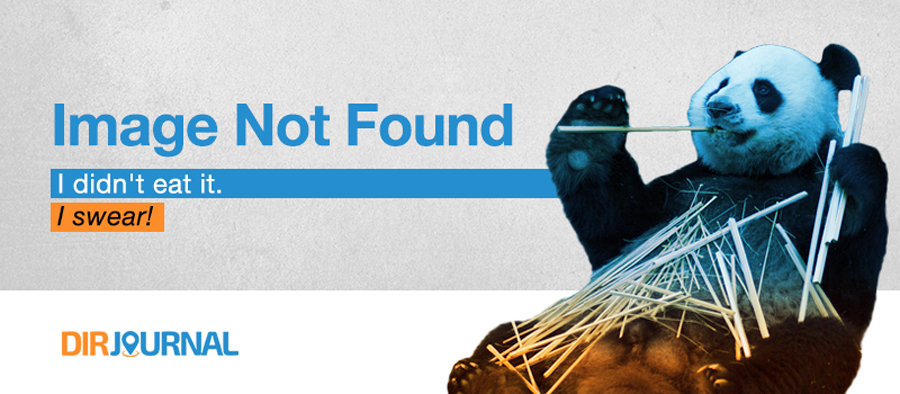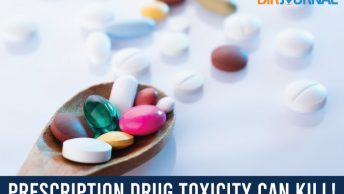Most people take their eyes for granted. They don’t pay much attention to eye health, assuming that as long as they can see, everything is all right. That’s a dangerous assumption to make. The truth is eye care is just as important to maintaining your health as anything else. And if you don’t give your eyes proper attention, you could develop vision problems and other eye issues.
Thankfully, it’s easy to take care of your eyes. It doesn’t take much time at all. Here are 5 simple tips for ensuring your eyes stay in optimal health.
- Get your eyes examined regularly—It’s recommended that you gets your eyes checked at least every two years. This goes for you too, Mr. 20/20 Vision. The truth is that even if you’ve always had perfect vision, your eyesight can start to decline. And because vision changes occur slowly, you may not even realize that you can’t see as well anymore. A routine exam will ensure your eyes are in good health, and if you need glasses or contacts, you can get them so you won’t strain your eyes. For kids and older adults, it’s best to get eyes checked even more often, perhaps yearly.
- Don’t squint or strain your eyes—Squinting and forcing your eyes to work hard can take a toll on your eyes. They may not cause your vision to change, but these acts can lead to eye fatigue. When your eyes are tired, you could experience headaches and other similar symptoms. Straining your eyes is usually a sign of poor vision, so if you have tired eyes on a regular basis, it might be time to get an eye exam.
- Pay attention to warning signs—The great thing about the human body is that it normally gives us little indicators whenever something is wrong. This goes for your eyes too. There are a lot of warning signs you need to pay attention to. I already mentioned eye fatigue…that’s one warning sign. Other signs to look out for include blurry vision, trouble focusing, headaches, red eyes, sudden loss of vision, and general eye pain. Take any and all of these symptoms very seriously, and go see an ophthalmologist (eye doctor) immediately.
- Know what you’re putting in your eyes—Do you use eye drops on a regular basis? If so, you need to take some time to read the label before you continue using the product. Some eye drops aren’t meant to be used while you’re wearing contact lenses. Other eye drops can actually stop working or cause problems if you continue use for too long. Always read the label before putting anything in your eyes.
- Eat your veggies—It’s not a myth: Carrots and other vegetables really are good for your eyes. That’s because carrots are chock full of beta carotene which helps you enjoy healthy eyes.
Are your eyes healthy? When did you last get an eye exam?











